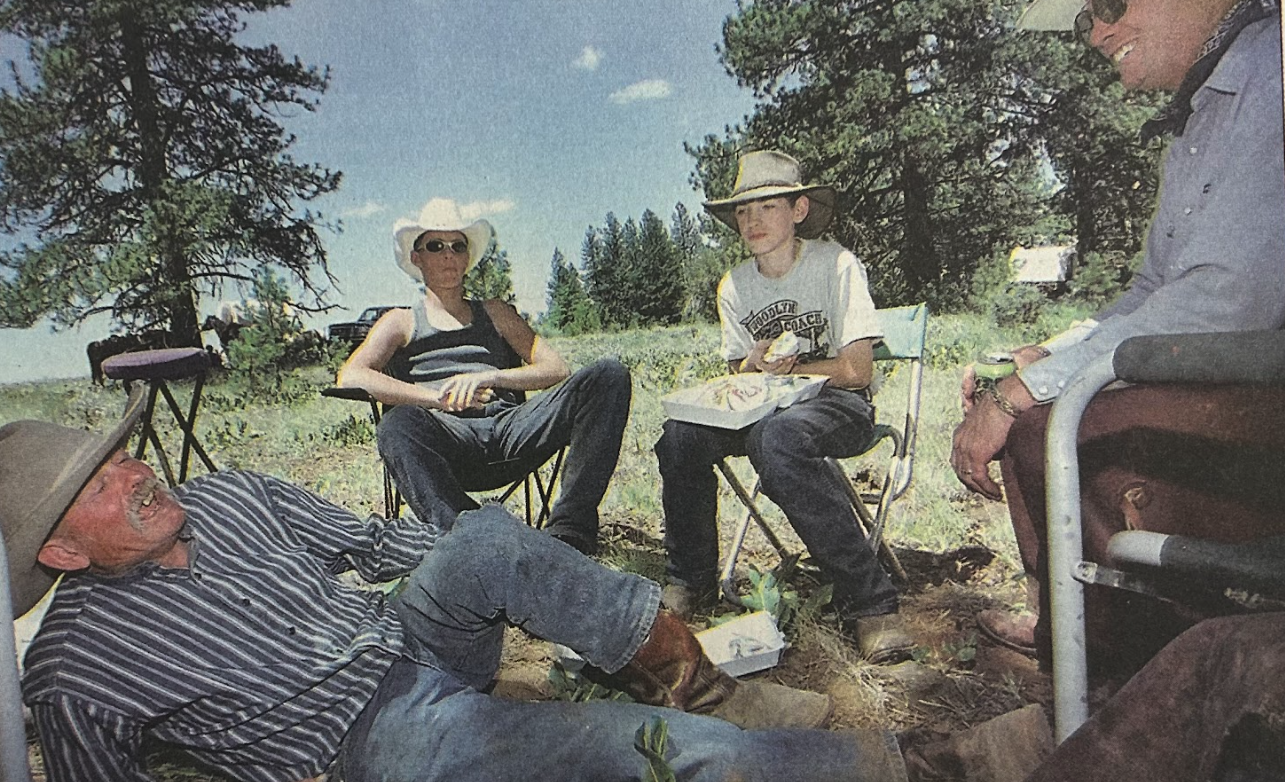Days Gone By: Sept. 24, 2020
Published 3:00 am Thursday, September 24, 2020
100 YEARS AGO
Sept. 24, 1920
A letter salvaged from a coast-to-coast mail airplane which fell and was destroyed Sept. 14 near Luckey, Ohio, was received today by the Umatilla Flour & Grain Co. The letter was addressed to the local concern by a client in New York City and was in one of the first planes on this coast-to-coast service. The letter was charred at the edges and a check contained when it left New York was destroyed. A folder enclosure, of calendered paper, was unharmed by the fire.
The letter, with a printed slip giving the date regarding its fate, was forwarded by the postmaster at Toledo, Ohio. The relic will be displayed by Manager N. J. Blydenstein in the company window.
50 YEARS AGO
Sept. 24, 1970
Where did the name Wild Woman Spring in the Umatilla National Forest come from? Ask Albert Baker, who was one of the original employees of the Wenaha National Forest, now part of the Umatilla forest. He started work in 1906 and retired in 1942. Baker says he was responsible for naming many of the places that show on today’s maps. Tiger Creek got its name when a Swede swore he had seen a tiger there. Paradise Ridge was named from the fact that it was hard to get to, as is paradise. Baker says once he was camping at a spring and the party sent him out for groceries. But he forgot to buy sugar, so they named it Sugar Springs. Jubilee Forest Camp got its name when Baker came there one morning and found a family picking huckleberries. Asked if they were having a good time, they said they were having a jubilee. Another time Baker was riding horseback near what is now Wild Woman Spring and came upon a group of women, as Baker tells it, “drunk to the gills. They were running a still.”
25 YEARS AGO
Sept. 24, 1995
Mike Lanning, an inmate at Eastern Oregon Correctional Institution, reads slowly, even soothingly, as he plows through page after page of college-level sociology, speaking into a gray tape recorder. Lanning’s voice is a link for students like Darla Dahl. Blind since birth she relies heavily on oral translations of the dozen books she’s assigned each term. Dahl is grateful to Lanning for serving as her eyes. Lanning is grateful for the chance to eat up time that ticks too slowly on his seven-year prison sentence. Lanning is one of a handful of inmates who spends three hours a day recording a wide range of textbooks. The program was created before voters passed Measure 17 — a law requiring inmates spend 40 hours a week on the job or in vocational training. As it turns out, the reading program fits the measure’s requirements to a tee, and it has the potential to put money back into the prison system. For now the services are provided for free, but prison administrators expect that to change as Measure 17 is phased in.






